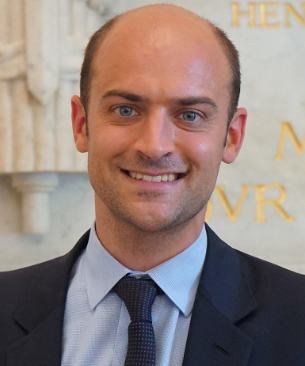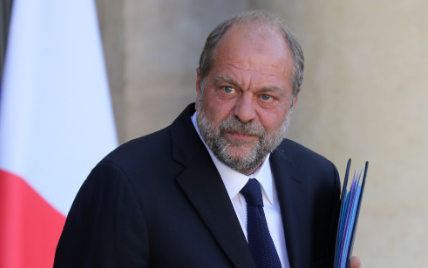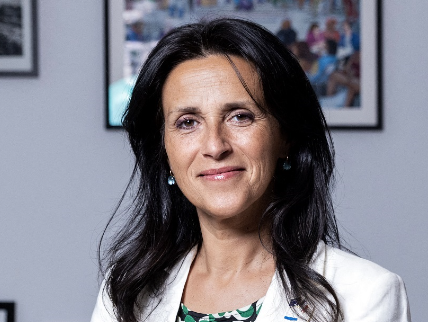
Jean-Noël Barrot, born on May 13, 1983, in Paris, is a distinguished French politician affiliated with the Democratic Movement (MoDem). As the Secretary of State for European Affairs in Prime Minister Gabriel Attal’s government since 2024, Barrot plays a pivotal role in shaping France’s approach to European integration and international cooperation. Prior to this appointment, he served as the Minister for Digital Transition and Telecommunications from 2022 to 2024, where he was instrumental in advancing France’s digital policies and navigating the complexities of technological regulation.
Barrot hails from a politically active family; his father, Jacques Barrot, was a notable figure in French politics, which likely influenced Jean-Noël’s path. He pursued a rigorous academic career, graduating from HEC Paris in 2007 and later earning a PhD in economics in 2013. He also studied at Sciences Po and the Paris School of Economics, showcasing his commitment to understanding economic systems and policies. In 2013, Barrot became a research affiliate at the Sloan School of Management at MIT, further solidifying his expertise in economics and public policy.
Before entering the national political arena, Barrot engaged in local governance, serving on the Departmental Council of Haute-Loire for the canton of Yssingeaux from 2015 to 2017. He then made his mark on the national stage, representing the 2nd constituency of Yvelines in the National Assembly from 2017. Elected under the La République En Marche! (LREM) banner, he quickly established himself as a key figure, serving as the Vice-Chairman of the Finance Committee. In this role, he co-authored significant legislation aimed at combating tax evasion, particularly in response to the revelations surrounding the CumEx Files.
In addition to his legislative work, Barrot was appointed by the President of the National Assembly to chair a working group on reforming the institution, demonstrating his leadership and commitment to improving governance. In February 2018, he became the national spokesman for MoDem and later ascended to the position of Secretary General, further enhancing his influence within the party.
As Minister for Digital Transition and Telecommunications, Barrot advocated for innovative digital policies while balancing privacy concerns, famously critiquing AI technologies like ChatGPT for potential privacy violations. His tenure saw the introduction of policies that aimed to secure digital spaces and regulate emerging technologies, including efforts to transpose EU regulations into French law.
Following his tenure as Minister for Digital Transition, Barrot was appointed Secretary of State for European Affairs, where he focuses on strengthening France’s role within the EU. He is tasked with overseeing critical matters related to economic and military support for Ukraine and advocating for a united and democratic Europe.
In addition to his political roles, Barrot is a noted academic, having taught entrepreneurial finance at HEC Paris and published research in prestigious journals, including The Quarterly Journal of Economics and The Journal of Financial Economics. His expertise spans various fields, including corporate finance and public policy evaluation.
Barrot’s vision for Europe is one of collaboration and resilience, and he is committed to addressing the challenges facing the continent in a rapidly changing world. He resides with his family in Yvelines, where he remains deeply engaged in both local and national affairs, working tirelessly to advance France’s interests both domestically and within the European community.





